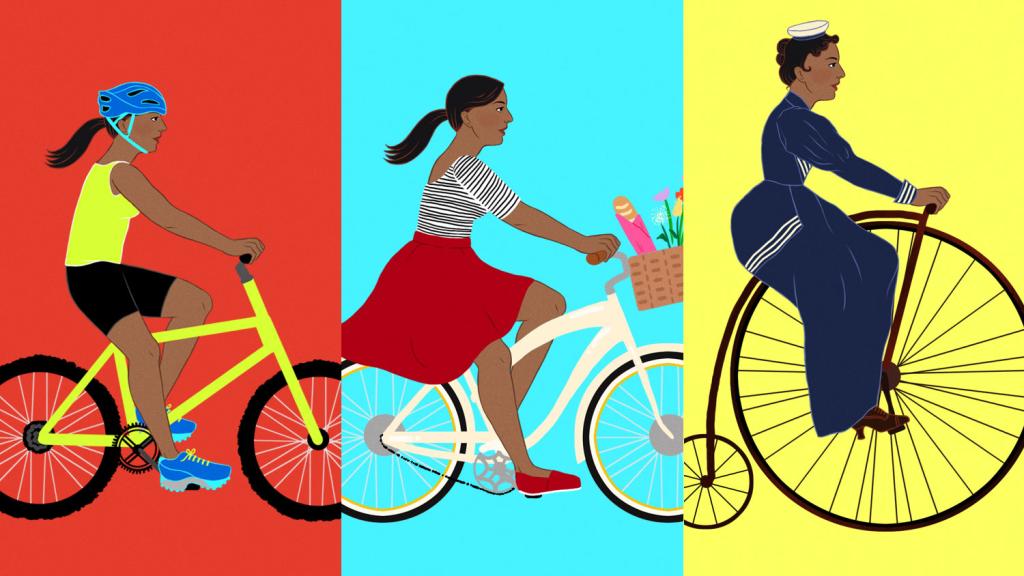I took birth control pills for seven and a half years, and then one day in June decided that maybe I should take a stab at life without a daily dose of hormones.
“This is great!” I thought, after a month or so off the pill. “I don’t want to spend literally every moment of my life sleeping, my hair and butt have never looked better, and I’m not constantly beset by a vague but weighty feeling of dread and melancholy!”
But then I started having to rely on condoms, which are their own fraught rodeo. “It’s sort of like wrapping a trash bag around your dick,” one date thoughtfully confided to me.
I stirred my drink and stared at him for about a solid minute, weighing the different ways I could argue that daily hormonal bombardment of my person was significantly more inconvenient for me than his having to don the occasional Glad bag. But as this was only a third date, I drifted to cataloging the number of times I have felt like I had to apologize to men who don’t want to use condoms. Up until that moment, I believed I had made an empowered decision, thinking: I’m really sick and tired of being the one to figure out how not to get pregnant all the time, so I’m going to leave it up to the men for a while!
But sitting in the back of that bar, I realized it was the least empowered decision possible. (An important caveat: I do think that condoms and regular STD tests should be non-negotiable if you’re seeing multiple people and/or new people.) Having spent such a huge portion of my adult life feeling fully in control of my uterine fate, I was surprised at how futile I felt without a form of self-regimented contraception.
All of this coincided with my exploration of contraception in the context of climate change and the environment. I don’t believe that no one should have children — it’s such a personal decision that I would never, ever presume to tell someone that her baby is going to push us well over 400 ppm once and for all. One of the most straightforward ways of addressing the tension between population and carbon emissions is to prevent unplanned pregnancies. And I’m saying that as a “mistake baby” myself. (My mother, for the record, staunchly denies my unplanned status.)
my father on my new @grist series on contraception: "unintended pregnancies? how do u think u happened! talk about a slip-up!" 😞 #talkin2dad
— eve andrews (@eefandrews) October 17, 2014
Maybe you could care less about carbon emissions! That’s fine – preventing unplanned pregnancies has a vast host of economic and social benefits. Having a child before you’re fully prepared to do so means that you could bar yourself from education and job opportunities – and hell, even things like travel or relationship opportunities. If you’d like to throw a number on it, the annual public cost of unintended pregnancies in the United States was estimated at $12.5 billion in 2008.
I really and truly believe that there is no better way to make a more sustainable planet than to take control over how I reproduce. And as such, failing to take steps to use the most effective contraception possible feels hypocritical. On the pill, I may have felt out of control of my own body, but without any regular birth control, I felt out of control of my whole life. Is this something culturally ingrained in me — you’re a woman, you hold the uterus, so it’s your responsibility to take the reproductive reins — or is it just a symptom of my neurotic personality? Probably both, but what I decided matters is that I hold myself accountable – not just as a woman, but as a person.
All this, to make an ultimately simple decision unnecessarily drawn-out, is why I decided to get an IUD. Committing to a long-term form of birth control doesn’t have to be scary or difficult or complicated, and I wanted to prove that to myself before I tried to convince any other women in my life or on the internet that they, too, could do the same.
If you have been having the same kinds of thoughts that I have and considering long-acting reversible contraceptives, I wanted to share the experience as candidly as possible with you to alleviate your fears and anxieties. As Dr. Sarah Prager, the smart and delightful gynecologist who placed my IUD, told me: “[Research shows that] women often listen more to their friends and other women than they do even to their doctors. So, when women are recommending methods, they’re much more likely to have a big impact on other women than when [the medical community] starts saying, ‘This is a great method.’”
And in that spirit, Dr. Prager and I made a video — and don’t worry, readers and my parents, it’s not NSFW at all. You can watch it above, and let my distinct lack of personal boundaries inspire your next conversation with your gynecologist.


